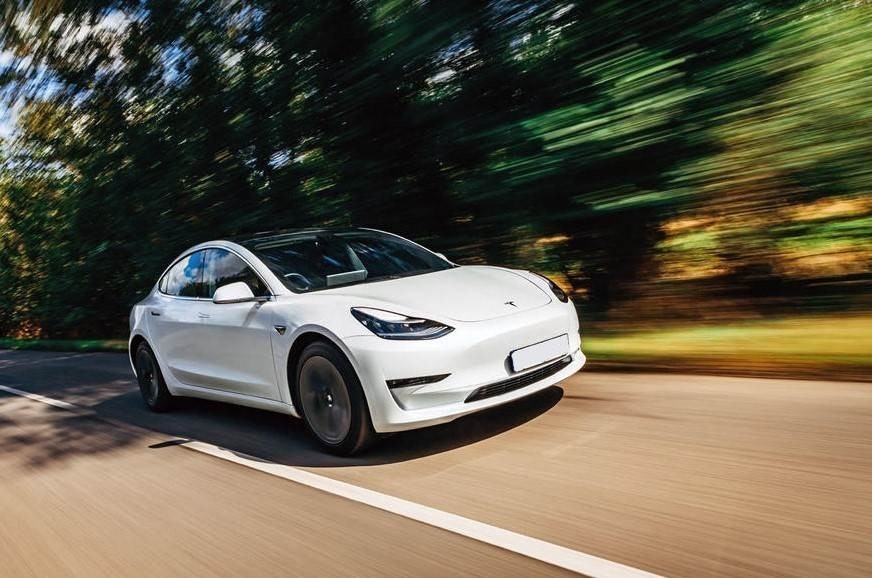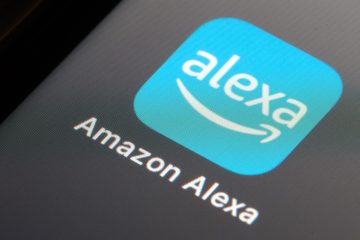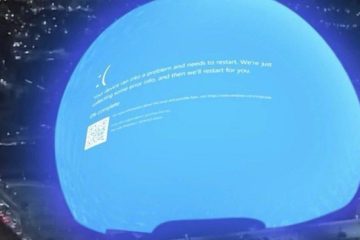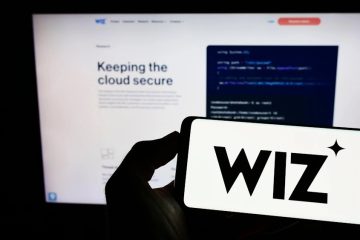First-quarter earnings for Tesla fell dramatically

Tesla’s first-quarter earnings experienced a significant decline as Chief Executive Elon Musk faces increasing pressure to clearly communicate his strategic plan for the future of the electric-car company.
During the January-to-March period, the car firm based in Texas recorded a net income of $1.1 billion, which represents a 55% decrease compared to the previous year. The revenue experienced a decline of 9%, amounting to $21.3 billion.
Tesla, the manufacturer with the highest market value globally, is currently facing a more uncertain situation than it has seen in recent years. Its vehicle sales are declining, there is a decrease in demand for electric vehicles across the industry, and Elon Musk is now prioritizing the development of a completely self-driving automobile.
On Tuesday, Musk will have his first official meeting with investors since implementing a restructuring plan that is projected to result in a headcount reduction of over 10% for the company.
Additionally, there have been other alterations. In a recent announcement, two high-ranking executives declared their departure from the company. Additionally, employees have been instructed to give priority to the development of a “robotaxi,” a strategic shift that has caught the market off guard.
Anticipating Tesla’s expansion into the mass market, some investors had been awaiting the arrival of a more economical electric vehicle next year. Tesla offers a smaller selection of passenger cars compared to other car manufacturers and recently announced a decrease of 8.5% in deliveries for the first quarter of this year.
Wall Street analysts are acknowledging the possibility that Tesla, which has been highly regarded for its potential for growth, may not experience any rise in deliveries this year.
The business recently reduced costs by $2,000 on multiple models in the U.S. due to increasing competition in the EV industry.
In a recent note, Deutsche Bank analyst Emmanuel Rosner stated that Tesla’s current vehicle portfolio, which is getting older, is already experiencing significant declines in demand and pricing pressure. Rosner believes that Tesla has now shifted its focus towards preserving cash. The bank has lowered Tesla’s stock rating and decreased its price objective to $123 per share, down from $189.
Rosner warned that Tesla may encounter additional obstacles to its growth without the introduction of new vehicles.
Prior to the release of the earnings report, the value of Tesla shares had declined by 42% in the year 2024, concluding at a closing price of $144.61 on Tuesday.
Meanwhile, Tesla’s board of directors is seeking shareholders’ re-approval of Musk’s 2018 compensation package following its rejection by a Delaware judge in January. The judge deemed the approval process to be fundamentally faulty.
The remuneration package, with a maximum worth of $55.8 billion, is the most substantial ever awarded to the Chief Executive Officer of a publicly traded firm in the United States.
Tesla is seeking approval from shareholders to relocate the company’s incorporation from Delaware to Texas. Following the court’s verdict on his salary, other firms owned by Musk have reestablished their legal status outside of Delaware.
In January, Tesla issued a warning to investors that the rate of growth in 2024 could be significantly lower than to the previous year. Tesla executives have characterized the company as being in a transitional phase, with the current growth being fueled by the success of its Model Y crossover and Model 3 automobile, and the future growth expected to be driven by the introduction of a new lineup of vehicles.
The company’s latest iteration, the intricately manufactured Cybertruck pickup, has seen a sluggish commencement since its release in the latter part of the previous year.
Investors had anticipated that Tesla’s upcoming vehicle lineup will consist of a robotaxi as well as a more economical electric car. Elon Musk had previously mentioned that the latter was expected to commence manufacturing in Texas by late 2025.
Since then, however, the CEO has shown a growing emphasis on achieving Tesla’s long-standing and challenging objective of creating self-driving vehicles. Additionally, he has advocated for the wider implementation of driver-assistance technology known as “Full Self-Driving Capability,” which necessitates the presence of a driver for supervision.
Tesla has just reduced the prices for this software. It now costs $8,000 as a one-time payment or $99 per month, compared to the previous prices of $12,000 or $199 per month. This software enables the car to perform various driving responsibilities. In addition, the business has initiated a program where U.S. drivers who own vehicles capable of Full Self-Driving (FSD) are provided with a complimentary one-month trial of this advanced technology.
“While not exactly risking the entire company, pursuing autonomy with great determination is an extremely obvious decision,” Musk stated on X last week.






